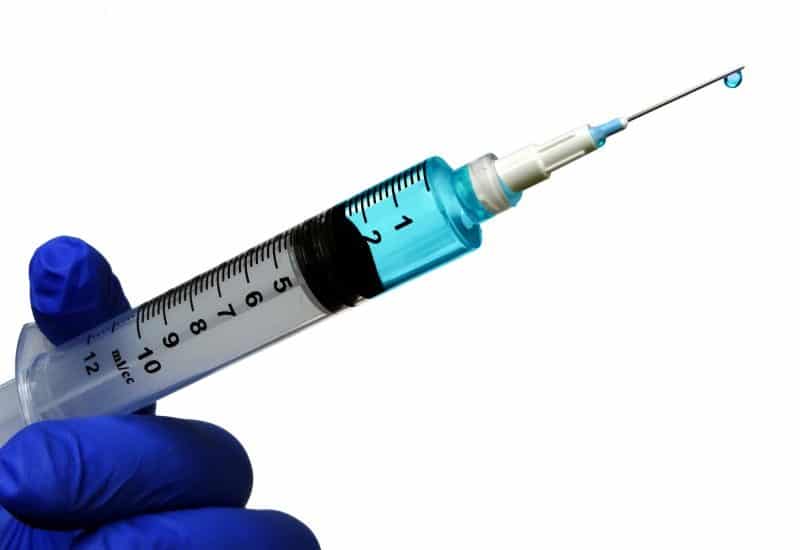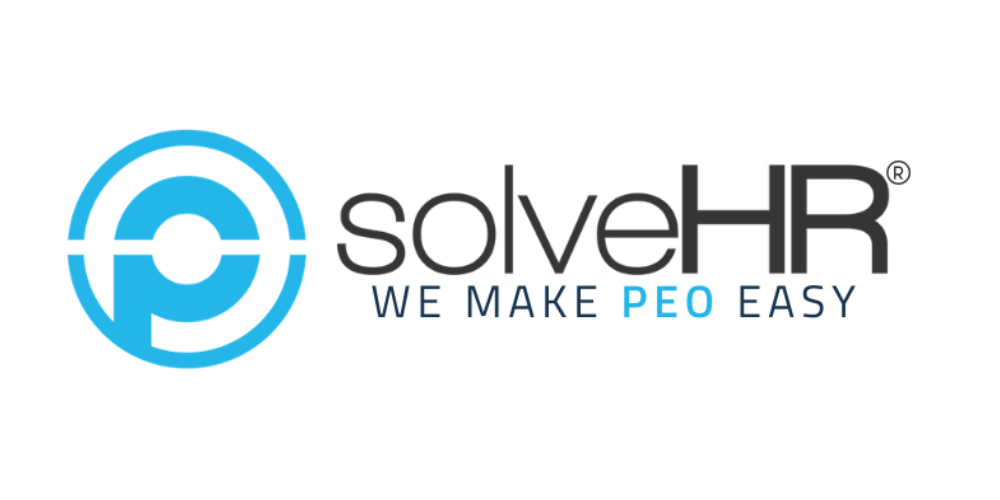- 03/08/2019
- Posted by: solveadmin
- Category: Uncategorized

There is no comprehensive federal law that regulates drug testing in the private sector, and non-union employers are generally permitted to require applicants and/or employees to take drug tests.
However, there are several federal laws applicable to typical drug and/or alcohol testing policies which a company must adhere to:
Drug-Free Workplace Act of 1988
This Act applies to employers and contractors entering into contracts with the government in excess of $100,000 and requires that they maintain a drug-free workplace. Though this Act does not require drug testing, there are several provisions that employers must follow, including:
The employer must publish a policy statement prohibiting the manufacture, distribution, possession or use of a controlled substance in the workplace. The policy must include an outline of the actions that will be taken if an employee violates such prohibitions.
The employer must establish a drug-free program to educate employees on the dangers of using drugs in the workplace.
The employer must provide drug counseling, rehabilitation assistance and an Employee Assistance Program.
The employer must require that all employees working under the contract receive a written drug policy statement.
The employer must notify its employees in the policy statement that, as a condition of employment under the contract, they must abide by the policy and notify the company if they are convicted of a criminal drug offense within five days of the conviction.
The employer must then notify the procuring agency of the employee’s conviction within 10 days of learning of the conviction.
The employer must impose penalties onto the employee for violating the policy statement or require the employee to complete a drug rehabilitation program.
The employer must make a “good faith” effort to maintain a drug-free workplace by meeting the requirements of this legislation.
Drug-Testing-Policies-Requirements-250.pngOmnibus Transportation Employees Testing Act of 1991
The Department of Transportation (DOT) requires employers who engage in for-hire or private truck or bus operations to conduct mandatory drug and/or alcohol testing of their interstate and intrastate commercial motor vehicle drivers. The regulations are located in Title 49 of the Code of Federal Regulations.
Under this Act, commercial motor vehicle drivers are prohibited from driving or performing any tasks that are safety-sensitive when they have used drugs or alcohol, tested positive, or refused to take a drug and/or alcohol test. This applies to any truck driver who must obtain a commercial driver’s license (CDL) to operate a vehicle weighing at least 26,000 pounds, vehicles used to transport hazardous materials, or buses used to transport 16 or more passengers (including the driver).
The Americans with Disabilities Act (ADA)
Under this Act, those currently engaging in the use of illegal drugs are excluded from protections as “qualified individuals with disabilities.” Drug addicts, however, do qualify if they have been successfully rehabilitated, or are participating in a supervised rehabilitation program, and are not currently using illegal drugs. Therefore, only those who are currently using drugs may be denied employment or terminated. Alcoholics, on the other hand, may not be denied employment or terminated for their excessive use of alcohol. They can only be denied protection under ADA when their abuse of alcohol infringes on their ability to perform their job duties.
In accordance with ADA, employers can require drug testing prior to offering employment, as this testing is not considered a medical examination. However, the ADA does prohibit any other medical testing (including alcohol testing) prior to employment.
Family and Medical Leave Act (FMLA)
Under this Act, leave can only be taken for the treatment of substance abuse when an employee is referred to treatment by a health care provider. In the event that an employee is absent from his or her job due to substance abuse but is not gone because of treatment ordered by a health care provider, the absence would not constitute FMLA-approved leave.
Compliance Steps
All employers should consult with their legal advisors to ensure that their drug testing policies are in compliance with any applicable federal, state or local laws, and designed to withstand legal challenges.
Drug-Testing-Policies-Requirements-150.pngPlease contact SolveHR PEO Corp for more information on Drug Testing Policies: Requirements Outlined by Federal Law
You may also download our Free HR Metrics Kit:
Free HR Metrics Kit FREE HR Metrics Kit it offers Quick must-know tips on best practices and implementation for your company.
This SolveHR PEO Employee Smart Money article is not intended to be exhaustive nor should any discussion or opinions be construed as legal advice. Readers should contact legal counsel for legal advice.

